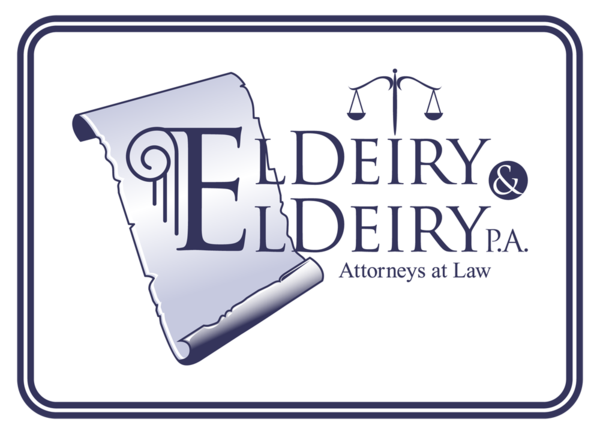
Anyone unfamiliar with advance healthcare directives and DNRs (do not resuscitate orders) can confuse the two easily. Although both allow you to express your wishes when you cannot speak for yourself, they are inherently different. By understanding what they are, who issues them, and what they can do for you, you will be in a better position to face the uncertainties of the future.
What is an Advance Healthcare Directive?
These are also commonly referred to as living wills. This document is created if YOU HAVE DECIDED now, that in the event something medically-horrible happens and you are on a life support machine without any real hope of coming off of the life support machine, that you are directing the medical staff to take you off of life support.
Imagine a person who has been in a car accident and is currently in a coma, on a life support machine, and the doctors have stated that they don’t believe, absent a miracle, that the person will wake up and be able to live without the life support machine. Your Advanced Healthcare Directive directs the Doctors to take you off life support. The document itself does not direct that loved ones decide what to do. It actually directs that the medical staff discontinue life support.
How is a DNR Different?
Unlike a living will, a DNR which is a Directive Not to Resuscitate the person, is a different document that you can obtain from your physician. They are generally meant for older people whose heart may stop – for instance, a heart attack at home. The DNR is a YELLOW document that you can put on your refrigerator. It directs emergency service providers do not use CPR or a Defibrillator to restart your heart.Suppose someone in their eighties suffers a heart attack in their home. When EMTs and paramedics arrive on the scene, they have a duty to perform life-saving procedures. This includes CPR, connecting the patient to a defibrillator, and other invasive techniques. The CPR you have witnessed on television is drastically different from its reality. Older patients’ bodies may not be able to withstand the toll that CPR takes a many times ribs are broke.
The decision on whether you want to be Resuscitated is yours to make. You should discuss this with your physician.
Get in Contact With an Estate Planning Attorney
We discussed advance directives and DNRs because estate planning has more to do with death, incapacity, and illness than how much money and assets you possess. Because the future is unknown, there isn’t a person alive who couldn’t benefit from having an advance directive in place. The best time to make a plan was yesterday, and the second-best option is right now. For more information about how ElDeiry & ElDeiry, P.A., can assist you, contact us to schedule a consultation.
Eldeirylaw
Latest posts by Eldeirylaw (see all)
- Ways In Which A Will & A Revocable Trust Work Together - May 15, 2023






